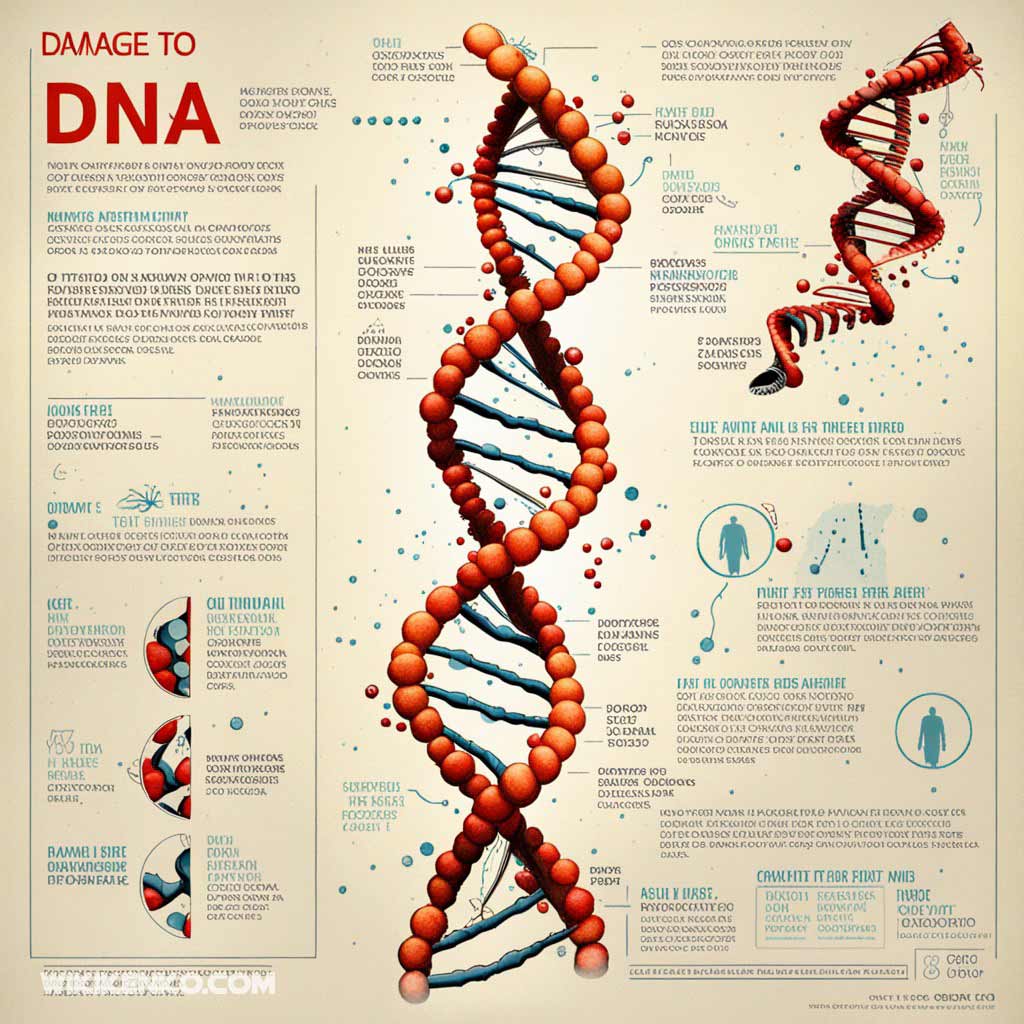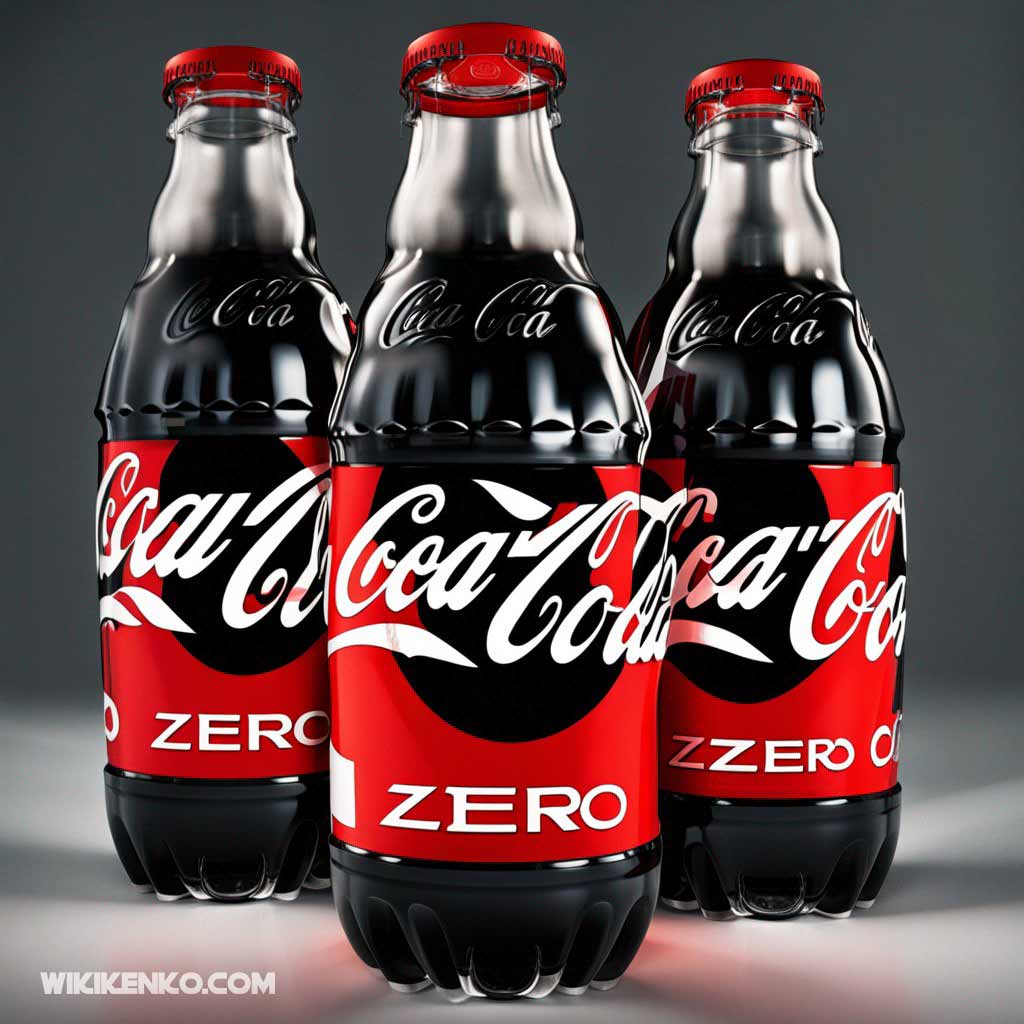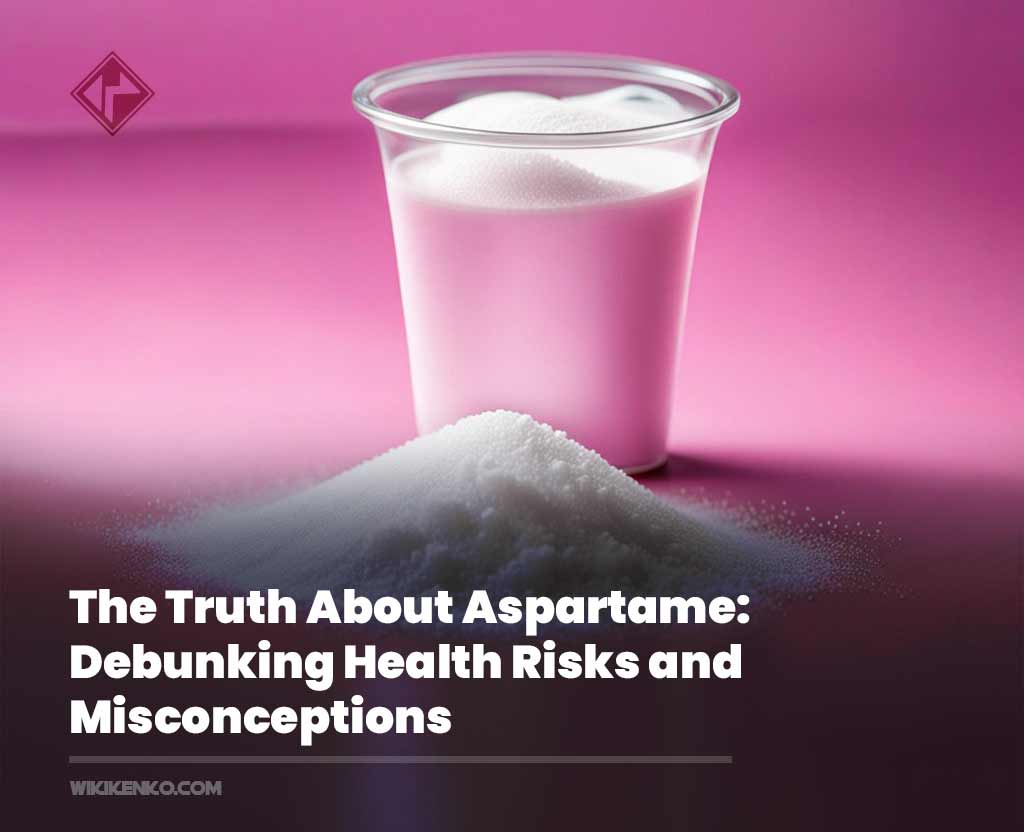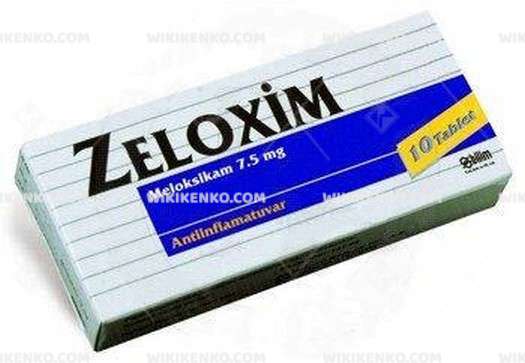|
Getting your Trinity Audio player ready…
|
The discovery of aspartame was not intentional but rather a result of a laboratory accident. In 1965, chemist James M. Schlatter was working on a medication for ulcers when he accidentally licked his finger to pick up a piece of paper. To his surprise, he experienced an intense sweetness on his tongue, which he traced back to a test tube containing a mixture of aspartic acid and phenylalanine, two natural amino acids.
Further examination revealed that the sweetness came from the presence of methanol, a simple alcohol found in fruits and vegetables. This serendipitous discovery led to the development of aspartame as a sugar substitute.
What is Aspartame?
In 1973, aspartame entered the market as an artificial sweetener and is now known by various brand names such as Equal, NutraSweet, and Sugar Twin.
Aspartame is a non-nutritive sweetener, meaning it contains minimal to no carbohydrates and does not provide energy (calories) like sugar. However, unlike some other artificial sweeteners that are excreted from the body unchanged, aspartame undergoes metabolism and contributes around 4 calories per gram.
The U.S. Food and Drug Administration (FDA) has approved aspartame as one of the six non-nutritive sweeteners, including
- Acesulfame potassium (Sunett and Sweet One)
- Saccharin (Sweet’N Low, Sweet Twin, and Necta Sweet)
- Sucralose (Splenda)
- Neotame (Newtame)
- Advantame (Advantame)
Among these six sweeteners, neotame and advantame, derived from aspartame, are calorie-free and significantly sweeter. While aspartame is approximately 200 times sweeter than sugar, neotame is up to 13,000 times sweeter, and advantame is about 20,000 times sweeter than sugar.
Food and beverage manufacturers often combine different sweeteners in their diet products to create a unique taste. The American Beverage Association published a comprehensive report on aspartame, highlighting its use in various beverages and foods.
The Controversy: Is Aspartame Harmful?
Several studies have explored the potential health effects of artificial sweeteners, including aspartame. Claims linking artificial sweeteners to migraines, depression, cardiovascular issues, cognitive and behavioral problems, dementia, diabetes, and cancer have been made.
Relevant articles: Aspartame, the Artificial Sweetener, to Be Classified as Carcinogenic?
However, the Joint FAO/WHO Expert Committee on Food Additives, an advisory committee of the United Nations’ Food and Agriculture Organization and the World Health Organization, concluded in 2013 that there is no convincing evidence from experimental studies in animals or humans to suggest that it has adverse effects when consumed within the acceptable daily intake of 40 milligrams per kilogram of body weight.
In the United States, the FDA has established an acceptable daily intake level of 50 milligrams per kilogram of body weight for aspartame and states that all six approved sweeteners are safe when used in moderation.
As each sweetener has different levels of sweetness, the FDA has calculated the maximum daily intake to be within safe limits. According to their guidelines, it is recommended not to consume more than 75 packets per day of Equal or NutraSweet (aspartame), 23 packets per day of Splenda (sucralose), Sweet One (acesulfame potassium), or Newtame (neotame), and 45 packets per day of Sweet’N Low or Sweet Twin (saccharin).
The American Academy of Pediatrics has expressed concerns about the increased consumption of artificial sweeteners by children, which rose by 200% between 1999 and 2012. Since artificial sweeteners are likely present in most “reduced sugar” and “sugar-free” foods and beverages, it becomes challenging to determine the exact amount being consumed.
To make informed choices, it is essential to read ingredient lists carefully and familiarize ourselves with the names of different sweeteners, such as aspartame and acesulfame potassium, as stated by Dr. Carissa Baker-Smith, a pediatric cardiologist at Nemours Children’s Hospital in Delaware.
Although aspartame has known health risks for certain individuals, such as those with the rare genetic disorder phenylketonuria (PKU), certain rare liver disorders, or pregnant women with high levels of phenylalanine in their blood, the FDA requires any food product containing it to carry a warning label.
Recently, studies have been conducted to determine if artificial sweeteners, including those present in diet beverages and foods, can actually increase hunger and contribute to higher calorie intake and weight gain. The World Health Organization (WHO) modified its guidelines in May and stated that sugar-free sweeteners do not help adults or children control weight in the long term.
The Link Between Aspartame and Cancer
Regarding the potential link between aspartame and cancer, animal studies conducted in the 1980s did not show any carcinogenic effects, even at high doses, or damage to DNA. However, ongoing research has prompted the WHO to conduct a new review on its possible association with cancer.

The FDA states that it is one of the “most thoroughly tested food additives” in the human diet. The agency has reviewed over 100 studies examining the impact of aspartame on body metabolism, reproductive and nervous systems, and cancer development.
One concern is that the methyl group added to reduce bitterness can partially convert to formaldehyde, a chemical that can be toxic at high doses, during metabolism. According to a 2021 literature review on aspartame, consuming one liter of diet soda containing 600 milligrams of it would result in the production of 60 milligrams of formaldehyde.
However, the European Food Safety Authority (EFSA) explains that the body digests the amino acids and methyl group to create new proteins and obtain energy.
“To date, all scientific studies conducted on animals and human volunteers have demonstrated that the breakdown of aspartame in the intestine is very rapid and complete. it has never been found in the blood or any organ after ingestion,” explained the EFSA.
Products Containing Aspartame
Aspartame was approved by the FDA in 1974 for use as a tabletop sweetener and in the production of chewing gum, breakfast cereals, beverages, gelatin, instant coffee, tea, puddings, and dairy products. In 1996, the FDA approved it as a general-purpose sweetener.
Currently, it can be found in over 6,000 food products sold worldwide, according to the Calorie Control Council. It is frequently used in diet beverages and sodas such as Coca-Cola Zero, Coca-Cola Light, Mountain Dew Zero, Pepsi Zero, and Sprite Zero.

Relevant articles: What Energy Drinks Do to Our Bodies
Aspartame, either alone or in combination with other sweeteners, is commonly found in ready-to-drink refrigerated and non-refrigerated beverages, low-calorie sweeteners for coffee and juices, and low-calorie drink mixes.
Furthermore, this low-calorie sweetener can be found in sugar-free salad dressings, sugar-free cocoa mixes, gelatin desserts, instant puddings, low-calorie ice creams, and more. it is also present in some toothpaste, sugar-free cough drops, and certain multivitamins and medications.










